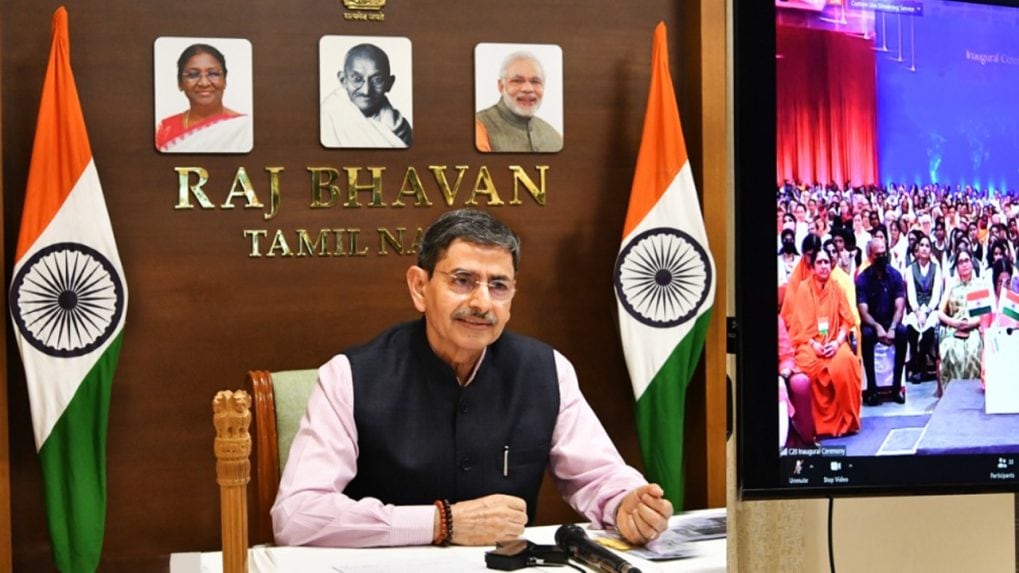
Tamil Nadu Governor RN Ravi has given assent to the state’s Prohibition of Online Gambling and Regulation of Online Games Bill, Chief Minister MK Stalin informed the assembly on Tuesday.
The assent came following prolonged criticism by the State over the time taken by Governor Ravi to approve bills passed by the legislature. Earlier, the assembly passed a resolution calling for a time limit to be imposed on state governors for the passage of key legislation.
“Today, we passed a resolution that several bills, including the Prohibition of Online Gambling Bill, was pending before the governor and it was affecting the administration and youth of our state,” said Stalin, at the state assembly.
The chief minister added, “As a result of this resolution being passed in the assembly, I wish to share that the governor has given his assent to the Prohibition of Online Gambling Bill in the evening, and it will now be notified in the Gazette.”
Over the last few months, Tamil Nadu’s proposed legislation against online gambling has meandered its way to a bill. As early as October 2022, the state promulgated an ordinance — and later, a bill — against online gambling. Following this promulgation, Governor Ravi sought clarification over the legislation.
Later, Tamil Nadu Law Minister S Regupathy led a delegation in November to engage with the governor over the proposed ban. However, 131 days after the bill was first sent to the state Raj Bhavan, it was returned by Governor Ravi on March 6, who raised questions over the “legislative competence” of the state to enact such a ban.
In the last two years, the DMK government has led a renewed campaign against online gambling. A state-constituted committee led by Retired Justice K Chandru had probed instances in Tamil Nadu of deaths by suicide following financial ruin as a result of individuals playing online games of chance. The committee recommended a ban on online gambling.
However prolonged periods between bills sent for assent, thanks largely to the governor’s office maintaining little or no movement on these pieces of legislation, have seen progress at a snail’s pace.